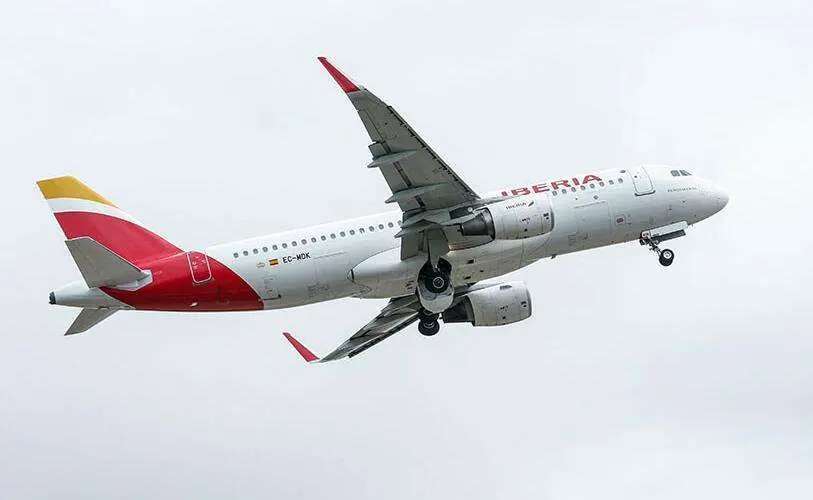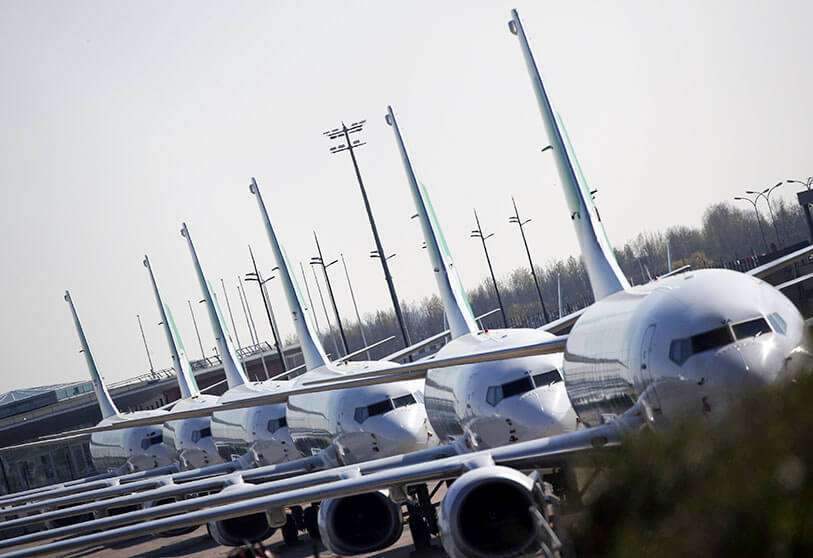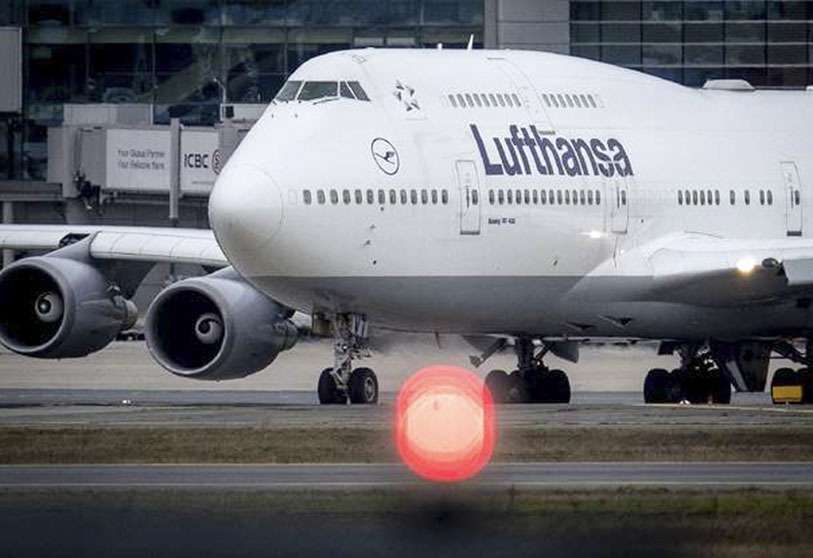European Union gives green light to rescue major European airlines

Brussels has given the green light to a reality that was already there: the rescue by governments of major European airlines, despite the implications of this aid for competition in the single market. Some countries have more resources than others to provide funds to their companies, such as Germany. Moreover, not all companies in the sector will have this boost. Ryanair estimates that its direct competitors will benefit from up to EUR 300 billion in public money and it is concerned about a "price war" with large discounts and below-cost sales when the business resumes.
Many member states had requested EU Commission approval to carry out this rescue. Brussels, in view of the situation, has lowered the requirements for applying for the aid and has already approved 124. Although the entire economy has been severely impacted by the health and economic crisis caused by the coronavirus, airlines have been hit hard and have had to stop their activity. It is estimated that they will suffer losses of EUR 82 billion in revenue and 6 to 7 million jobs will be destroyed in Europe.
In addition to the paralysis of the economy, the sector has to deal with the refund of tickets booked by customers before flights were cancelled. The European Commission has advised them to give the money back if the customer does not accept a voucher and has recommended that they make their coupons "more attractive" to convince passengers. The European institutions have also urged governments to guarantee reimbursement in cases of airline insolvency.

The International Air Transport Association (IATA) estimates that there has been a 50% drop in the average number of passenger kilometres travelled or RPKs. The recovery, which means a return to 2019 levels of activity, will not take place until 2023. Layoffs in the air sector already exceed 200,000, taking into account adjustments between Europe, the Middle East and the Americas.
The airline associations welcome state aid but have asked the European Commission not to allow unfair competition, CEO of Airlines for Europe. "The funds provided should not unbalance the market. The European Commission has a very important role, competition authorities have to monitor these practices closely," said Thomas Reynaert, CEO of Airlines for Europe.
Little by little, the money is starting to flow for these companies out of their governments. The Norwegian airline has obtained a credit guarantee from the Norwegian government after restructuring its debt, as announced by the company in a statement to the Oslo Stock Exchange and via website on Wednesday. In recent weeks, bond holders and shareholders have agreed to a debt conversion of 12,700 crowns and the sale of shares, so the state's share has increased from 4.8% to 17%.

The Spanish companies Iberia and Vueling have already signed loans of up to 1,010 million and are waiting for the ICO (Official Credit Institute) to access the aid. France and the Netherlands have also taken a step forward to rescue Air France-KLM and have mobilized aid of up to 11 billion euros. Germany also aims to rescue Lufthansa and will become a 25% shareholder in the company. Brussels Airlines is negotiating with the Belgian government to receive state subsidies. It is also looking to its shareholder, Lufthansa, to lend a hand. According to the unions, the German company's plans call for the Belgian airline to become a low-cost company.








